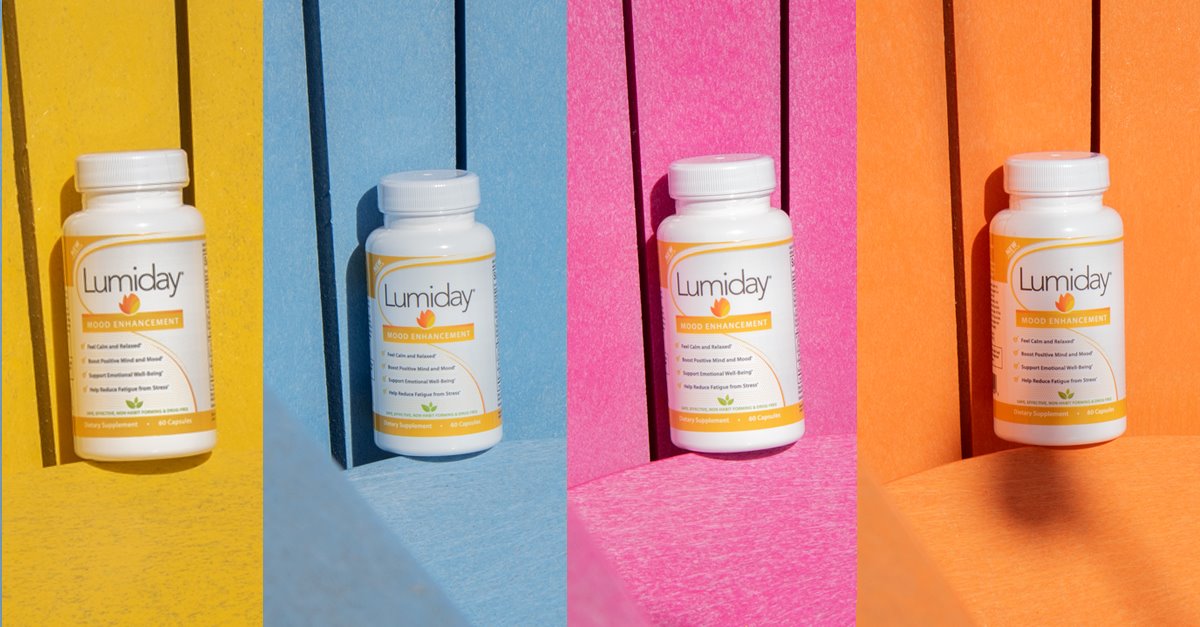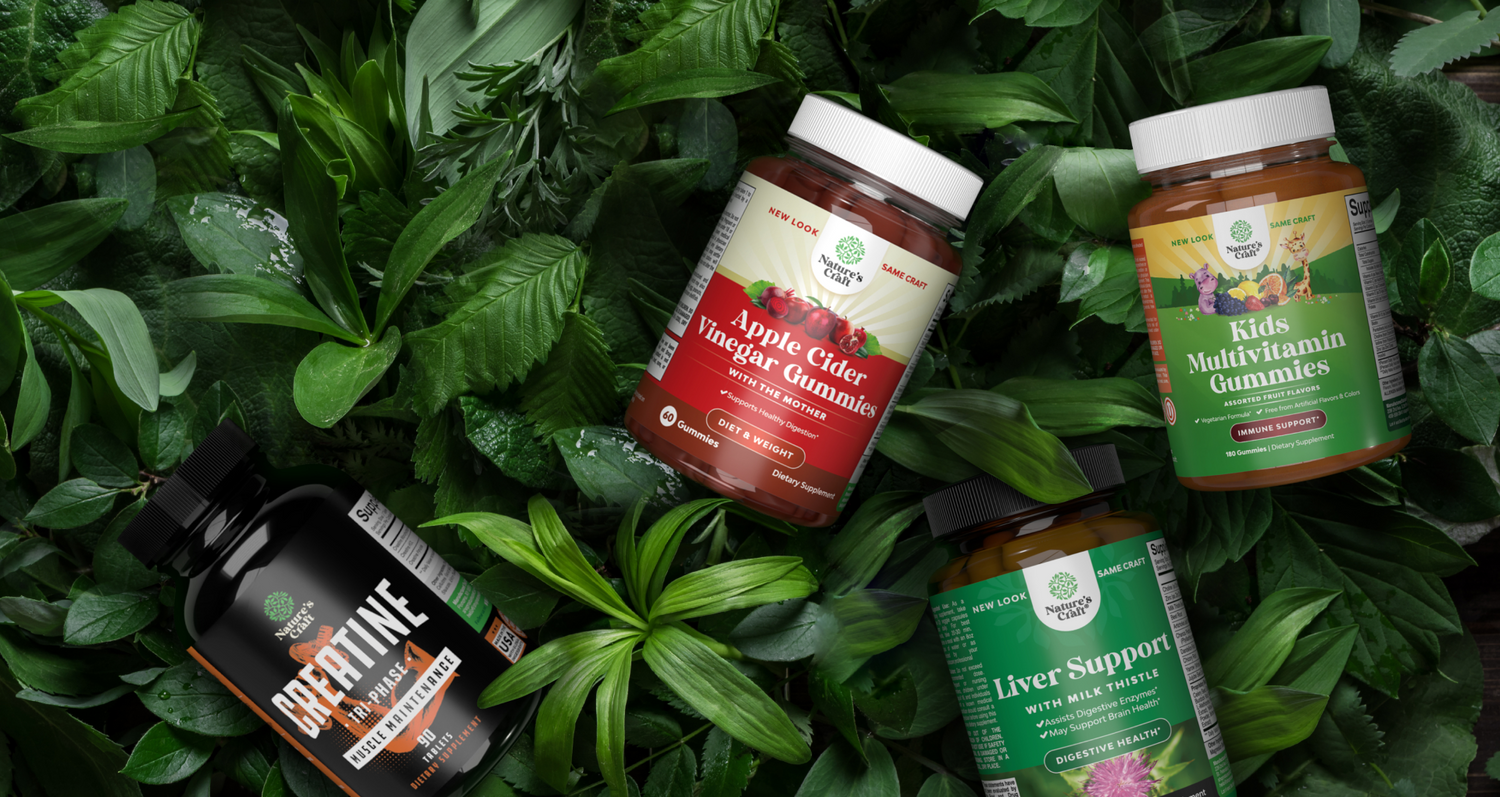Vitamins are a supplement you can get from food and water, but also as a pill. Vitamins are essential for healthy living and may help prevent some diseases. For example, vitamins have been studied for their role in preventing cancer, heart disease, dementia and other illnesses. The best way to get your daily dose of vitamins is through whole foods like fruits and vegetables rather than taking supplements because they’re easier on your body’s digestive system.
- For the most part, vitamins are only good when a person has a deficiency or is at risk of becoming deficient.
- Talk to your doctor about getting vitamin D through supplementation.
- After age 51, women need more calcium for healthy bones.
- Talk to your doctor about getting vitamin D through supplementation.
- After age 51, women need more calcium for healthy bones.
- Women expecting will benefit from folic acid supplements before and during pregnancy.
- Your body needs iodine to make thyroid hormones, which help regulate your body's metabolism.
- Fruits and vegetables contain high antioxidants, which may reduce the risk of chronic diseases caused by oxidative stress-related diseases like cancer and heart disease.
- Most people don't need supplements, but if you think you might be deficient in something, check it out!
- How long do multivitamins take to work?
- What kinds of results can you expect?
- Conclusion
For the most part, vitamins are only good when a person has a deficiency or is at risk of becoming deficient.
Vitamins are only good when a person has a deficiency or is at risk of becoming deficient. If you’re eating well and exercising regularly but still feel tired or moody sometimes, it might be because your body needs more vitamin D than usual.
This scenario means that if you take multivitamins regularly (or have been told by your doctor to do so), there’s no need to worry about overdosing on them—they’ll help even out how much of each vitamin you get from food sources alone.
However, some vitamins can be harmful if taken in high doses or with certain medications, so it’s important to talk with your doctor before starting any new supplement regimen.
Vitamins A, C and E are the three essential nutrients that help support immunity and maintain healthy skin cells (including those on the mucus membranes inside your nose). Eating foods with vitamins A, C and E regularly will also help protect against strokes caused by blood clots in arteries.
Talk to your doctor about getting vitamin D through supplementation.
In general, multivitamins are a good way to fill in the gaps in your diet. If you need more vitamins from your diet to maintain good health, adding supplements can help you reach the recommended daily allowance (RDA) for those nutrients. Talk with your doctor about supplementation if you have vitamin D deficiency or excess.
Vitamin D is a fat-soluble vitamin that helps your body absorb calcium and phosphorus—two essential minerals needed for healthy bones and teeth—and may lower the risk of fractures. It also aids in immune system function, which helps fight infections such as colds or flu viruses when they occur.
After age 51, women need more calcium for healthy bones.
In general, multivitamins are a good way to fill in the gaps in your diet. If you need more vitamins from your diet to maintain good health, adding supplements can help you reach the recommended daily allowance (RDA) for those nutrients. Talk with your doctor about supplementation if you have vitamin D deficiency or excess.
Vitamin D is a fat-soluble vitamin that helps your body absorb calcium and phosphorus—two essential minerals needed for healthy bones and teeth—and may lower the risk of fractures. It also aids in immune system function, which helps fight infections such as colds or flu viruses when they occur.
Talk to your doctor about getting vitamin D through supplementation.
In general, multivitamins are a good way to fill in the gaps in your diet. If you need more vitamins from your diet to maintain good health, adding supplements can help you reach the recommended daily allowance (RDA) for those nutrients. Talk with your doctor about supplementation if you have vitamin D deficiency or excess.
Vitamin D is a fat-soluble vitamin that helps your body absorb calcium and phosphorus—two essential minerals needed for healthy bones and teeth—and may lower the risk of fractures. It also aids in immune system function, which helps fight infections such as colds or flu viruses when they occur.
After age 51, women need more calcium for healthy bones.
After age 51, women need more calcium for healthy bones. Calcium is found in dairy products, beans, and dark green leafy vegetables like kale and collard greens. You can also get it from calcium supplements if your diet isn’t rich in these foods.
Calcium is important because it helps keep your bones strong and healthy by building new bone tissue when you’re young or growing older. It’s also involved in blood clotting and muscle contraction. You need to get enough calcium through diet or supplements to absorb enough nutrients from food sources, such as dairy products that contain high amounts of this mineral.
Women expecting will benefit from folic acid supplements before and during pregnancy.
Folic acid is important for pregnant women who need it to prevent congenital disabilities. It’s also good for women who have never been pregnant or breastfed their babies.
The recommended dose of folic acid depends on your age, pregnancy stage and how much you weigh:
- 0–6 months old: 400 mcg per day (0.4 mg)
- 7–12 months old: 600 mcg per day (0.6 mg) for children up to 19 lbs; 800 mcg per day (1 mg) for children 20 lbs or more; 1200 mcg per day (2 mg) if breastfeeding
Your body needs iodine to make thyroid hormones, which help regulate your body’s metabolism.
Iodine is an essential mineral that is needed for normal growth and development. In addition, it plays a role in synthesising thyroxine and triiodothyronine (T3), hormones that regulate metabolism. Iodine also helps protect against thyroid cancer.
Your body needs iodine to make thyroid hormones, which help regulate your body’s metabolism. These hormones make sure you burn energy efficiently, convert food into energy, and stay warm when it’s cold outside!
Iodine deficiency can cause low levels of T4 or T3 in your blood test results – especially if you’ve been diagnosed with hypothyroidism or Hashimoto’s disease (an autoimmune disorder).
Fruits and vegetables contain high antioxidants, which may reduce the risk of chronic diseases caused by oxidative stress-related diseases like cancer and heart disease.
Antioxidants are good for you. They help prevent oxidative stress, which is why they’re found in fruits and vegetables. Oxidative stress can cause chronic diseases like cancer and heart disease. Antioxidants reduce the risk of these diseases by reducing oxidative damage to DNA, proteins, fats, and other vital elements in our cells that provide energy for life.
Most people don’t need supplements, but if you think you might be deficient in something, check it out!
While multivitamins are a good thing—they’re meant to help people get the nutrients they might not be getting in their diet—they aren’t recommended if you eat a balanced diet and don’t have any deficiencies. However, if you have deficiencies, doctors may recommend taking them as part of a treatment plan.
Some people think that all multivitamins are created equal, but there are some important differences between them. For example: while most contain B12 (a vitamin that can be lacking in vegetarians), some don’t include it at all! Some also contain more or less iron than others. So if your body needs more of this nutrient, monitor your blood count when starting supplementation again.
How long do multivitamins take to work?
Multivitamins are a great way to get your daily dose of vitamins and minerals. They come in many forms, including tablets, capsules and gummies. Most of the time, these are easy to swallow, but some don’t go down too well (like liquid tablets). If you’re trying out a new supplement for the first time, it’s best to start with something that doesn’t have any fancy packaging or taste like medicine – so consider going for one of the powder/tablet options instead!
You may wonder how long it will take to get the benefits of your multivitamin. The duration depends on what kind you’re taking and whether you are starting from a point where your diet lacks certain nutrients. It can also depend on what other supplements you’re taking alongside your multivitamin – as these often have specific timescales for when they are best taken (e.g. vitamin D can take up to two months to build up in your system).
What kinds of results can you expect?
You can expect the following results from taking a multivitamin:
- Vitamin D – It’s well-known that vitamin D deficiencies are common in adults over 50, but you may be surprised to learn that many people don’t get enough of it. A lack of vitamin D can lead to serious health problems like osteoporosis and heart disease. When taken with other supplements and multivitamins, vitamin D will help you get enough of this essential nutrient.
- Folic Acid – Folic acid is another important B vitamin that plays a role in DNA synthesis and cell division, two processes vital for healthy cells and body functions such as growth or repair after injury or illness. The recommended daily intake for adults is 400 mcg per day before pregnancy starts; this amount increases during pregnancy up until five months after birth, when it drops back down again.
- Iron deficiency occurs when blood has fewer red blood cells than normal due to poor absorption from food sources such as meat. So it’s important not only for pregnant women but also those concerned about their iron levels because they may develop anaemia if left unchecked! A lack of iron can lead to fatigue and low energy levels, which makes getting through each day difficult without proper motivation. Iron is also essential for carrying oxygen around the body and producing energy.
Conclusion
It’s important to remember that if you’re deficient in a vitamin or mineral, the best thing for you is to get tested. If you think you have a deficiency, it’s best to consult your doctor before taking supplements.
Visit our Vitamins Reviews section to know more about what is available in the market.







